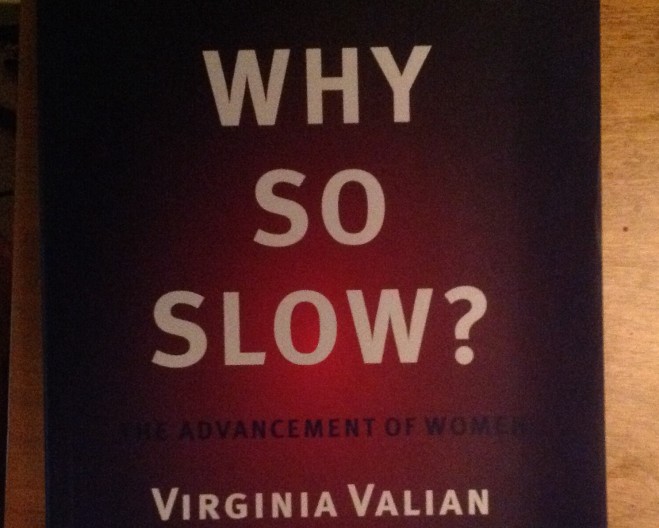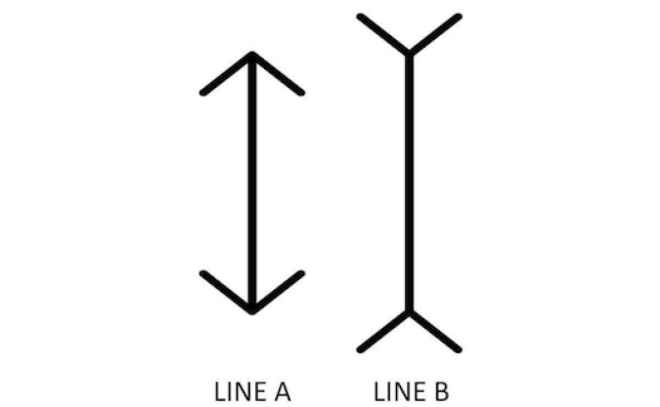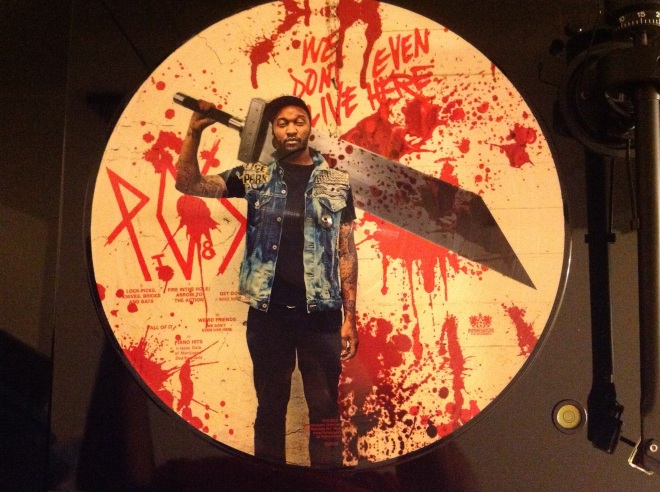http://www.shortlist.com/entertainment/books/40-authors-on-how-to-be-happy
Here’s a link to 40 quotes from famous authors on the topic of happiness. I found a lot of these quotes to be pretty interesting so I thought I’d go through and comment on a few. Also, the title of the list is pretty misleading, as many of the quotes are not any sort of instructions. Still fun, I think.
Mark Twain – “Sanity and happiness are an impossible combination.”
What a start. I guess this could be considered a tip if you want to go insane in order to be happy. It’s very telling though. This is how a lot of genius artists feel about happiness, which says something about artists or about happiness. Or both.
Hunter S. Thompson – “I don’t see how you can respect yourself if you must look in the hearts and minds of others for your happiness.”
Interesting. Make your own happiness. I’m on board. I see the temptation to find happiness in others. I love my friends and I love (some of) my family, but I also realize they can’t make my life worth living. Only I can do that. The other trouble with relying on the external to make you happy is what you do when you’re all alone or when those people fail you. Because other people will always fail you. They have their own issues and lives to figure out and can’t be perpetually concerned with yours. Placing your happiness in their hands is a sure fire way to end up unhappy.
Haruki Murakami – “But who can say what’s best? That’s why you need to grab whatever chance you have of happiness where you find it, and not worry about other people too much. My experience tells me that we get no more than two or three such chances in a life time, and if we let them go, we regret it for the rest of our lives.”
From Norwegian Wood. Seems like a cheat to get it from a book the author wrote. Who can say if he was writing what he/she actually believed or was writing what fit a specific character. Either way, the message is along the lines of Hunter’s, and I think it makes some sense, whether Murakami believes it or not. (By the way, I love this book and recommend it to everyone in the world.)
Ernest Hemingway – “Happiness in intelligent people is the rarest thing I know.”
Along the same lines as Mark Twain. I wonder why this idea is perpetuated, not by the media, but by artists themselves. I’m sure Twain and Hemingway are speaking from their incredible amount of experience and this is what they’ve come up with. I’m sure there are plenty of counterexamples, but the cliche of the “happy writer” is not quite as common.
Kurt Vonnegut – “And I urge you to please notice when you are happy, and exclaim or murmur or think at some point, ‘If this isn’t nice, I don’t know what is.'”
I enjoy this quote a lot because it highlights the importance of noticing the small moments of happiness that don’t generally weigh in on our assessments of life in general. He suggests that you should pay attention to a quiet afternoon with a cup of coffee or a conversation with a friend. I try to keep that in mind because it’s so easy to let those moments pass.
Slyvia Plath – “I have the choice of being constantly active and happy or introspectively passive and sad. Or I can go mad by ricocheting in between.”
Sad considering how her life turned out. I question her use of the word “choice” in that quote. Maybe she just meant they were two of the options out there, not that she had much say in the matter.
Charles Dickens – “Happiness is a gift and the trick is not to expect it, but to delight in it when it comes.”
This is also from a book, so I’m not sure it reflects how Dickens actually felt. I don’t know much about him either, so I can’t make a guess either way. I like it though. Too many people try to force it.
Jack Kerouac – “Happiness consists in realising it is all a great strange dream.”
Aldous Huxley – “Actual happiness always looks pretty squalid in comparison with the overcompensations for misery. And, of course, stability isn’t nearly so spectacular as instability.”
Again from a book. Interesting though.
Virginia Woolf – “Nothing thicker than a knife’s blade separates happiness from melancholy.”
That’s good, isn’t it?
Maya Angelou – “If you have only one smile in you give it to the people you love.”
That’s not so good, is it?
George Orwell – “The choice for mankind lies between freedom and happiness and for the great bulk of mankind, happiness is better.”
From 1984. There’s a lot in there. Whatever Orwell actually thought, that’s a loaded statement. Possibly how citizens are treated. Possibly our freedom is our greatest source of unhappiness. Who is in a position to make the decision that happiness is better, though?
Vladimir Nabokov – “And yet I am happy. Yes, happy. I swear. I swear that I am happy… What does it matter that I am a bit cheap, a bit foul, and that no one appreciates all the remarkable things about me – my fantasy, my erudition, my literary gift… I am happy that I can gaze at myself, for any man is absorbing – yes, really absorbing! … I am happy – yes, happy!”
Take from The Eye. This made me laugh. Whatever that’s worth.
I guess those are my favorites (minus Maya Angelou). I liked the quote from Nick Hornby and Thomas Hardy, but I felt I listed enough. If you’re interested in the others, from the likes of Cormac McCarthy and Edgar Allan Poe, click on the link at the top of this post. I hate how the website is formatted, I wish all the quotes were on a single page and didn’t require clicking back and forth, but it’s a fascinating bunch of quotes.





